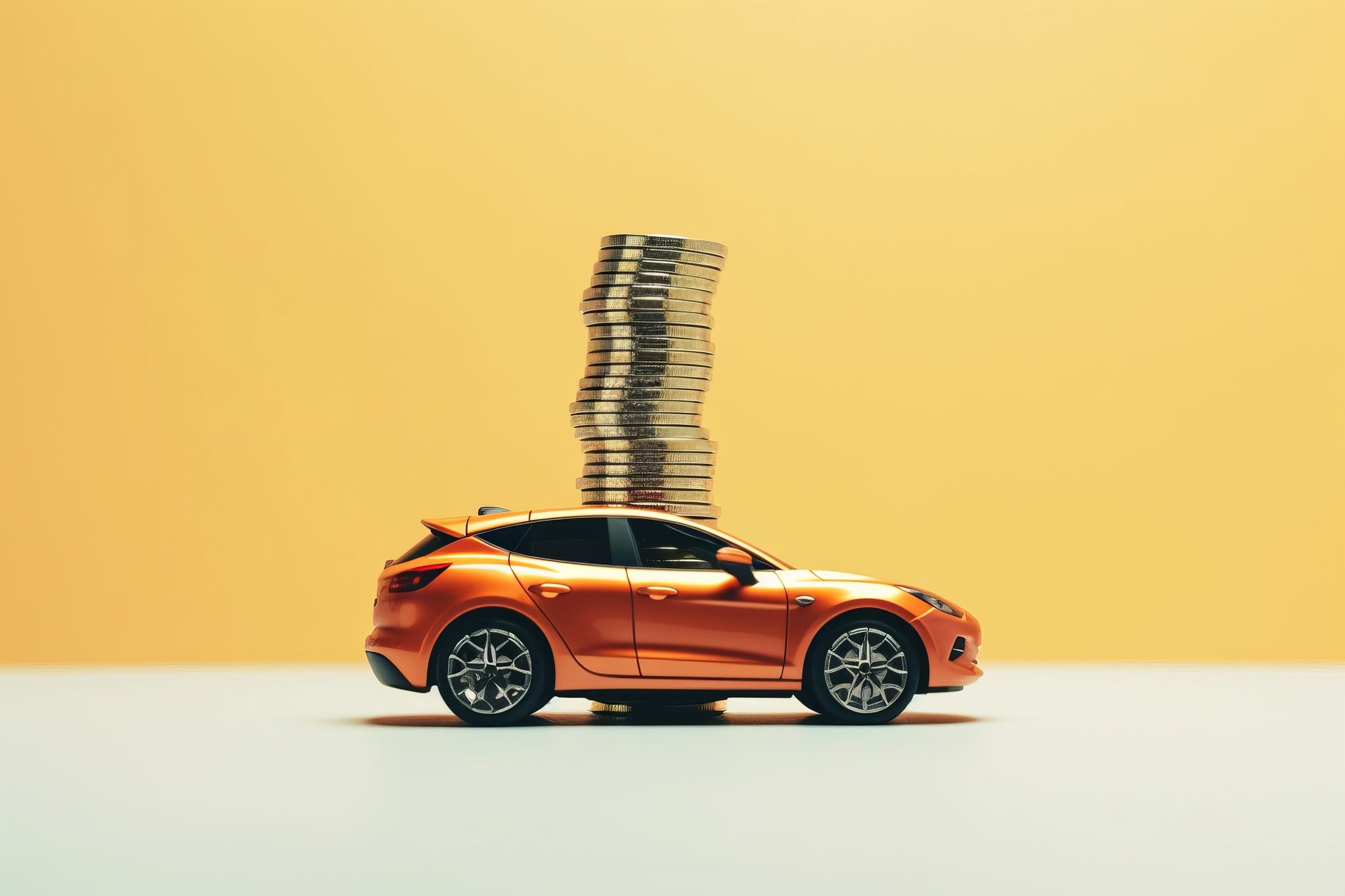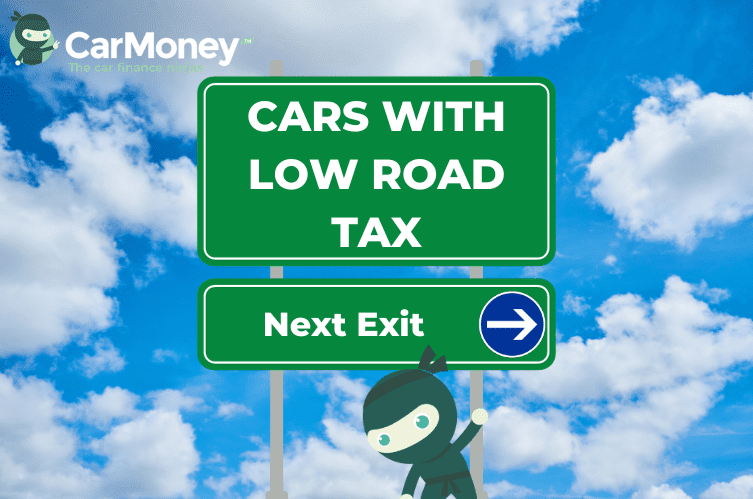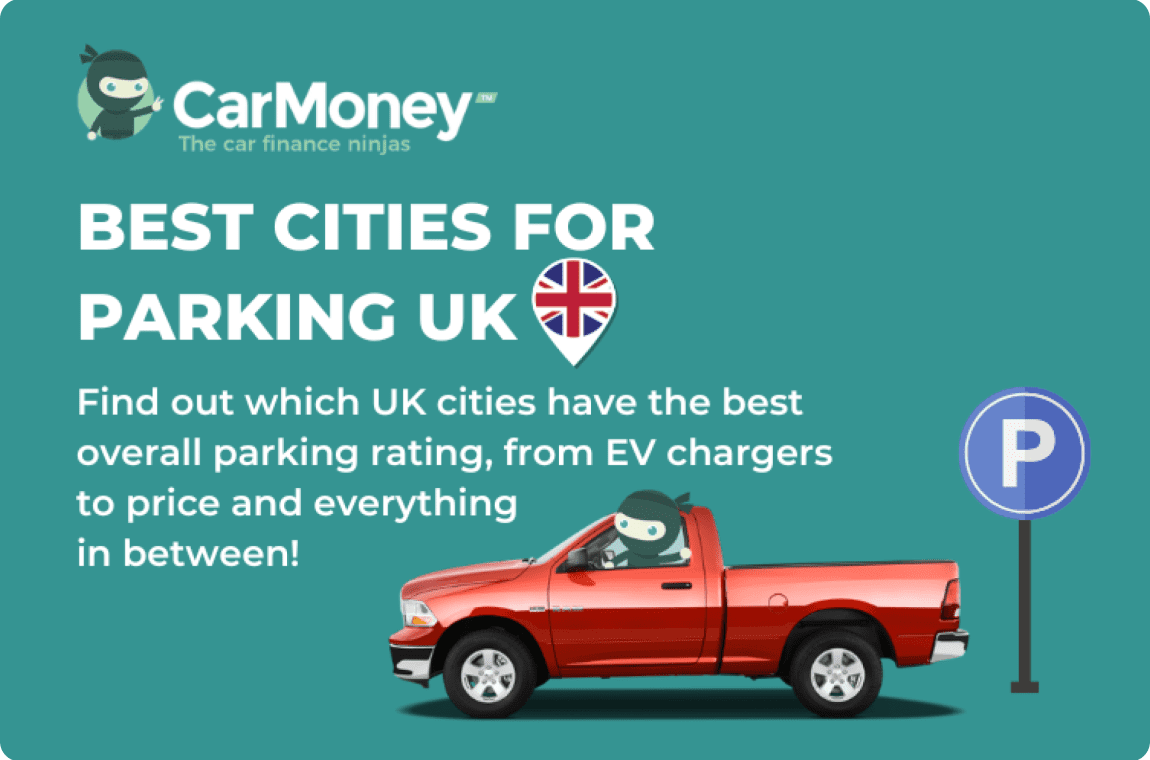Food and Drink Best to Avoid Before Driving
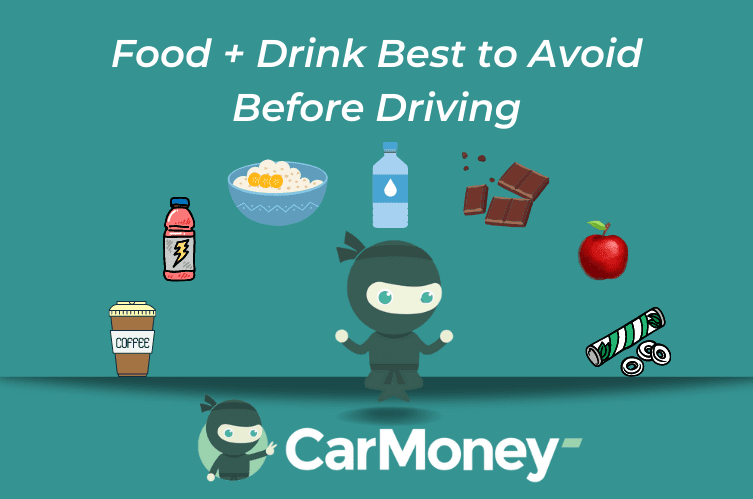
If you’re planning a long journey, you may have already thought about the snacks you’re going to bring along with you, or the big meal you’re going to eat to keep you going. But be warned – if you choose the wrong food and drink, you could be in for an uncomfortable ride.
The foods we eat and drink can have a huge impact on things like energy levels, bloating, acid reflux and how often we need to stop using the toilet. When driving, you need to keep these adverse effects to a minimum so you can keep your focus on the road and reach your destination in good time.
CarMoney has investigated which food and drinks to avoid before driving and has spoken to Daisy Hill at Nutrition & Fitness to help make your car journey as comfortable as possible.
1. Energy Drinks
If you’re planning on driving late at night you might thinking that an energy drink will give you the boost you need to drive safely, but energy drinks can have an adverse affect due to the high levels of caffeine. Heart palpitations are a common side effect with energy drinks and, depending on their severity, can be enough to distract you from your drive.
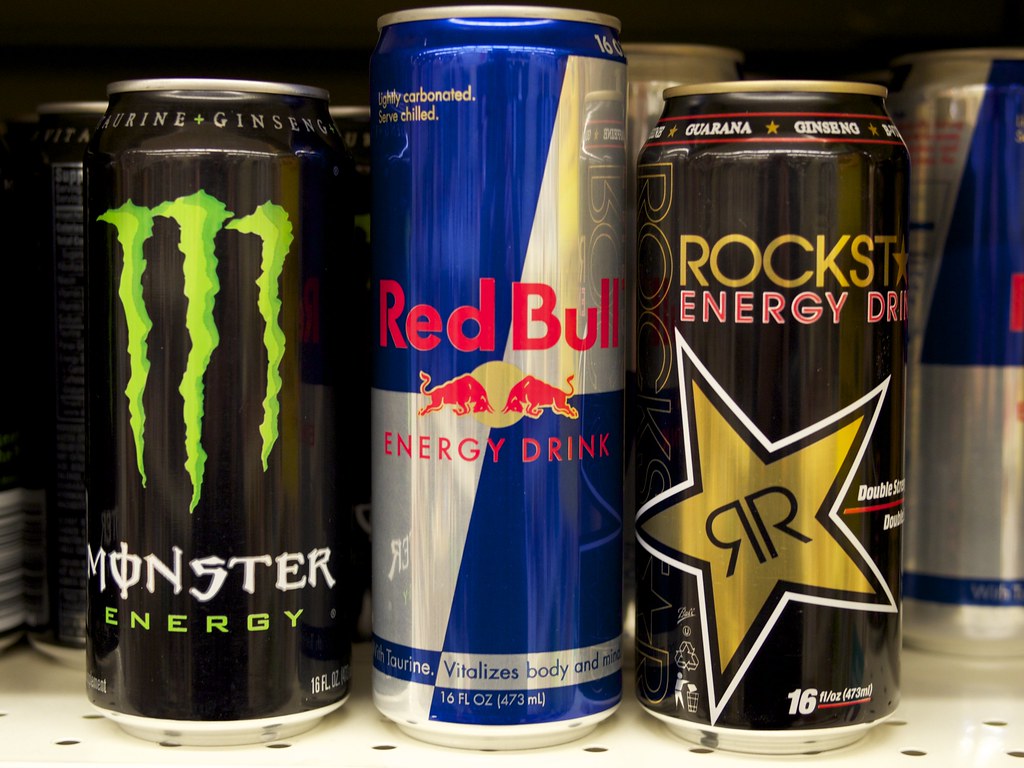
Discomfort aside, the effects of your energy drink may not last as long as you think. MotorOffence.co.uk explains that “approximately 1 hour after ingesting a highly caffeinated or sugared drink, a person who is sleep-deprived can experience lapses in concentration and lower reaction times” which could lead to accidents.
Daisy recommends avoiding energy drinks in day to day life: “To compare to a standard cup of coffee, which has 100mg of caffeine, energy drinks can have up to 240mg! A healthy alternative you may want to consider would be Matcha Green Tea as it can have the same uplifting effect as an energy drink but without the nasty side affects.”
2. Oatmeal & Porridge

While porridge and oatmeal are hailed as a good, slow-release energy start to the day, did you know that they can also reduce alertness? Oatmeal in particular is often recommended as a food to help you sleep as it naturally raises blood sugar and contains melatonin which relaxes the body. If you’re planning a long journey, avoid this hearty breakfast and opt for something that will make you feel less sluggish as you drive!
Whilst porridge is a great breakfast food, Daisy points out it may not work well later on in the day. “Porridge has so many benefits to your health. However, what is often seen as a positive might not be when driving on a long journey late at night. Oatmeal and porridge can make you feel full, which can make you feel tired as your body is concentrating on digesting. So, if you’re planning a long journey on an evening, a good idea would be to have a small meal or snacks such as bananas or berries and nuts.”
3. Coffee
Just like energy drinks, a large coffee could be a go-to treat for drivers wanting to stay alert on their journey. But the caffeine in coffee will cause you to crash a short time later, meaning you could end up feeling more tired and less alert as a result.

Alertness aside, coffee can act as a diuretic and irritate the bladder, meaning drivers can expect to take more toilet stops on a long car journey.
“Coffee (and some tea) can have this effect so it would be best to avoid it. Drinking water is refreshing, provides your body with what it needs and can make you feel more alert. Try adding some ice to cool it down, this will pick you up even more.”
4. Chocolate
Who doesn’t love a good driving snack? But you might want to reach for something other than chocolate. While a favourite treat of many, chocolate’s ingredients are a recipe for heartburn.

Caffeine, cocoa and other plant chemicals frequently found in chocolate bars are common triggers for heartburn and indigestion, meaning indulging in a treat early on in your journey could make the rest of your trip highly uncomfortable.
However, there is a way to get around this – opting for dark chocolate. “Try it as a snack on a long journey rather than milk or white chocolate. Opt for 85% or more cocoa as it has much less sugar and fewer chemicals in it, so far less likely to cause the same adverse effects. Other snacks you can try are raw nut bars. Try to choose ones with as few processed ingredients as possible.”
5. Apples

Fruit is a light and healthy alternative to most snack options, but be careful which type of fruit you choose to eat before or during your car journey. Although they may be one of the world’s most popular fruits, apples can cause bloating thanks to their high fibre content that reacts poorly with their natural fructose resulting in bloating and gas.
6. Mints
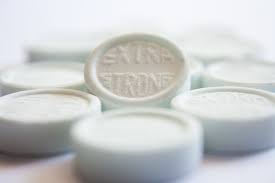
Peppermint is known for settling an unhappy stomach and soothing nausea, but too many mints and you may end up having the total opposite effect on your body. Peppermints can easily trigger acid reflux and combined with their high sugar content, can cause bloating, gas, or in some cases diarrhoea.
7. Water

If you’re looking to cut down on your bathroom trips, be mindful of how much water you drink on your journey. While dehydration will lead to fatigue, over-hydration will result in you needing to stop for toilet breaks. Water is the best drink for your car journey as it doesn’t have any negative effects like caffeinated beverages, but try not to sip more than necessary.
Planning your Journey Refreshments
If you’re planning a long journey, try to avoid caffeine as much as possible to keep your energy levels as steady as possible. Instead of reaching for heavier foods, try lighter snacks such as fruit or nuts and seeds. If you think you won’t be able to resist reaching for your water bottle, consider bringing only a small amount with you – enough to stay hydrated but without the risk of needing to regularly stop for a comfort break!
Overall, Daisy recommends sticking to a healthy lifestyle for a comfortable long-distance car journey, “if you have a diet full of wholesome, unprocessed food; get plenty of sleep each night and keep hydrated with water, a long journey at no matter the time of day will be comfortable and safe.”





